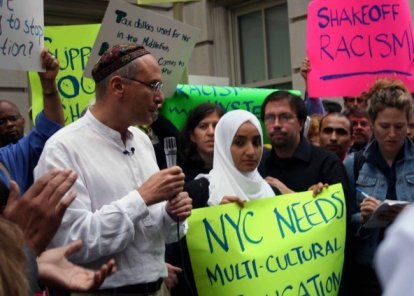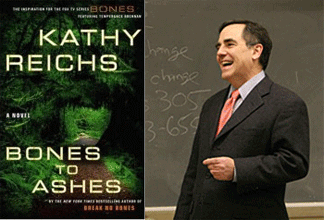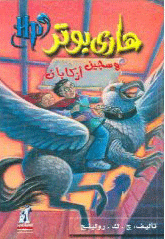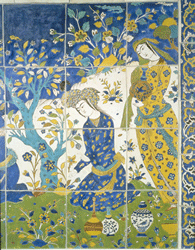
August 23, 2007
Jews for Racial and Economic Justice (JFREJ) on Debbie Almontaser’s Resignation and the targeting of the Kahlil Gibran International Academy
As parents, students, teachers, New Yorkers, and Jews, we are outraged by the series of events that have culminated in Debbie Almontaser’s resignation as principal of the Kahlil Gibran International Academy. We are particularly disturbed that Mayor Bloomberg, Joel Klein, the Chancellor of the Department of Education, and Randi Weingarten, the President of the United Federation of Teachers, bowed to right-wing pressure and did not strenuously resist and condemn the unjustified attacks on Ms. Almontaser, which fed on and fostered anti-Arab and anti-Muslim prejudice. We call for Debbie Almontaser to be reinstated to her position as principal if that is what she wishes, and for full support for the Kahlil Gibran International Academy. Continue reading Khalil Gibran International Academy





